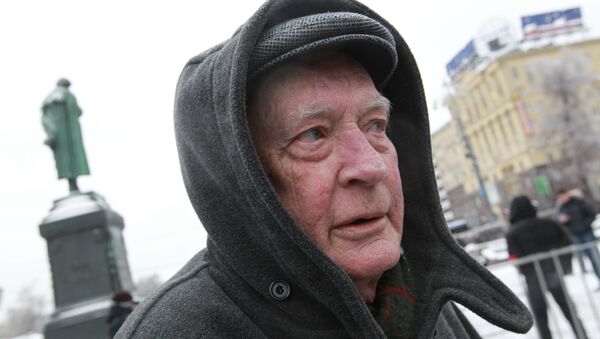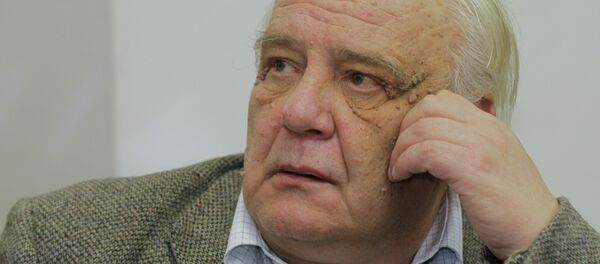Bukovsky, 72, was a leading opponent of the former Soviet Union's use of psychiatric treatment to silence political prisoners. He himself spent years in Soviet jails but moved to the British university city of Cambridge after a 1976 prisoner exchange deal between Moscow and Washington.
He had been due in court on Tuesday, but did not attend. The court was told he had suffered renal failure and had flown to hospital in Germany.
"Following an investigation by Cambridgeshire Police, we have concluded that there is sufficient evidence and it is in the public interest to prosecute Vladimir Bukovsky," it added in a statement.
But he told the media in Britain that it was the first time he had heard of any such suspicions against him. Bukovsky said in a statement: "I intend to defend myself vigorously on all charges."
The case against him was adjourned until 22 May by the court in Cambridge.



